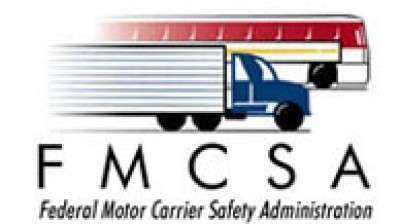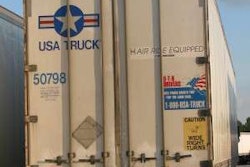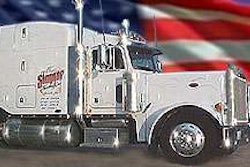
The U.S. Department of Transportation announced that 109 commercial bus and truck drivers were removed from the roads and more than 175 carriers face enforcement actions as a result of the Federal Motor Carrier Safety Administration’s annual drug and alcohol strike force sweep that occurred from June 21 through July 2.
“If you are a commercial driver or carrier operating in violation of federal drug and alcohol laws, we will remove you from our roadways,” U.S. Transportation Secretary Ray LaHood says. “Parents deserve to know their children are being driven by bus drivers who are drug- and alcohol-free, and every motorist deserves to feel confident that the drivers of large trucks and buses are safe and sober.”
During the two-week sweep, FMCSA strike force investigators examined the drug and alcohol safety records of commercial drivers employed by bus and truck companies, including school bus drivers, interstate passenger carriers, hazardous material transporters and general freight long-haul trucking companies. Their goals were to identify motor carriers in violation of federal drug and alcohol testing requirements and to remove from the road commercial truck and bus drivers who jump from carrier to carrier to evade federal drug and alcohol testing and reporting requirements.
“FMCSA is committed to ensuring that only safe commercial drivers and carriers are allowed to operate,” says FMCSA Administrator Anne S. Ferro. “Our annual drug and alcohol strike force is just one of the ways we weed out those ‘bad actors’ and make our roads safer for everyone.”
The 109 commercial drivers identified in the sweep face the prospect of a monetary fine and being barred from operating a commercial motor vehicle for failing to adhere to federal drug and alcohol regulations. Additionally, 175 commercial carriers face pending enforcement actions for violations, such as using a driver who has tested positive for illegal drugs and for not instituting a drug and alcohol testing program. Both drivers and carriers will have an opportunity to contest the alleged violations and the amount of the civil penalties.









